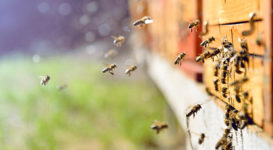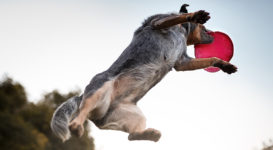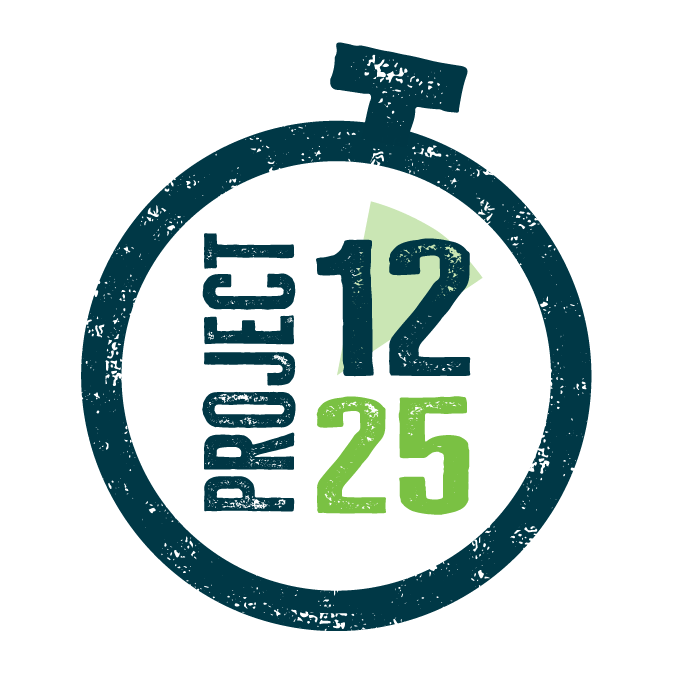Dog registrations are due now for 2024
Penalties apply from 1 August. Click the button below to pay online.
To register a new dog: select “Apply for a new Dog registration”
To renew an existing registration select “Online Payments”
|
Online payments
You can re-register your dog, register new dogs and pay dog impoundment fees online. Visit this page: Online payments
Dog Registration
The Council determines fees and charges relating to dogs including registration, dog control infringements and pound fees. Penalties for not registering your dog range from a fine, prosecution – or even seizure of the dog.
Application
Dog registration application forms are available from the Council’s Invercargill and Bluff Offices, or you can contact the Customer Services Department to arrange for an application form to be sent to you. A completed application, with the total registration payment, must be taken into the Council by the person applying to be the registered dog owner.
Council staff will process your application and, if successful, the dog owner will be issued with a dog licence and a dog registration tag (with a unique identification number). The tag should be secured on to the dog’s collar as soon as practicable. Once your dog has been registered, the Council will invoice you annually for the renewal of the dog licence, which must be paid by the due date.
Change of details, ownership or circumstances
It is the dog owner’s responsibility to notify the Council of any changes to ownership details, for example name, contact phone numbers, change of address etc. Up-to-date information helps the Council’s Animal Control Department in reuniting lost or stray dogs with their owners, to notify owners if a dog has been found injured or dead, to remind owners when dog registration is due, etc.
ALL dog owners must apply for a dog registration if they have an existing unregistered dog or if they get a new dog. Dog owners must be 16 years or older to legally own a dog. Dogs must also be registered before they reach three months of age and/or if you have had a dog in your possession for more than three days.
Registration fees and categories
📑 Refer to the current Fees and Charges for Animal Services |
1 Discounted fee
About 80% of dogs in the Invercargill district fall into this category and qualify for a reduced registration fee.
2 Standard registration
There are about 1000 dogs in the Invercargill district in this category. A standard fee applies to any owner, who for whatever reason, has failed to meet the requirements for a discounted fee. For example the dog owners might have received an infringement notice in the last two years; or in the previous year failed to register their dogs within the deadline and the “amnesty period”; or had a dog impounded in the previous two years; or had been successfully prosecuted for a dog-related offence in the past two years. Owners can apply for their standard registration status to be reviewed after two years if there has been no breach of the provisions and policies.
3 Working dogs
A working dog is defined as being kept solely or principally for the purposes of herding or driving stock.
4 Guide dogs and service dogs
It is the Council’s practice not to charge a fee for “seeing eye” dogs, “hearing” dogs and other guide and companion animals. To qualify, such dogs must be certified with the appropriate authority or organisation, for example the Guide Dog Foundation. Service dogs include Customs and Police dogs, search and rescue dogs and any other category of dog that the Council may deem appropriate for this status.
Multiple dog
Multiple licence: A special licence is required if a person wishes to keep more than two dogs on a property, regardless of the number of dog owners. Applications are considered on a case-by-case basis and the Council may impose conditions or restrictions.
How to apply for a multiple dog licence: click here
Multiple dog fee: Where more than five dogs are owned by any owner, that owner may have their total dog fees capped if the Council is satisfied that all of the Dog Control Act 1996 and Council requirements have been met.
Responsible Dog Owner status
Applying for Responsible Dog Owner status
Forms are available to fill out at the Bluff Service Centre at 98 Gore St, Bluff, or Te Hīnaki – Civic Building at 101 Esk St, Invercargill. A $45 application fee applies.
As part of the application, we will check your dog ownership history. This includes any customer service request against you and/or your dog for discrepancies such as wandering, infringements, barking complaints, attacks, rushing and intimidating.
We will also check the microchip status of your dog, how long you have been a dog owner, and your registration payment history. Your dog must have been registered with Invercargill City Council for at least one year before you apply.
Once completed, a property inspection will take place. Here, we will check the standards of your property and fencing. Fencing must be up to a standard to contain the type of dog/s you own. There must be free access to a door of the house when your dog is outside. Fencing requirements on rural properties may be more lenient.
A condition of Responsible Dog Ownership status is letting Council know when you shift property, in which instance we will need to complete a new property check, free of charge.
Responsible Dog Ownership status applications for the next registration year close in April. Applying for this status can be done at any time.
Loss of status results in a two-year stand-down period before you can apply again.
You don’t need to apply for Responsible Dog Ownership status each year, but you will need to re-apply if you move house or get a new dog, as requirements may have changed, and fencing may no longer be suitable for a new dog. If you get a new dog, you will need to contact Council before registering to talk through the process.
As well as the application, you must have a good understanding of the Dog Control Bylaw, Dog Control Policy, as well as the Dog Control Act 1966, including leash laws and disposal of dog waste.
Microchipping
Microchipping is a simple procedure in which a microchip about the size of a grain of rice is inserted into the dog’s scruff. Under the Dog Control Act 1996, all dogs registered for the first time on or after July 1, 2006 and all dogs classified on or after December 1, 2003, must be microchipped. A microchip contains a number that belongs only to your dog, enabling secure and reliable life-long identification. If a microchipped dog gets lost and picked up by a dog control officer, or injured and taken to a vet, the microchip can be scanned and Council can then check its number on the national dog database to enable a quick reunion with its owner. The Animal Services team (03) 211 1777 can assist with this, or contact your local vet.
Dog pound and fees
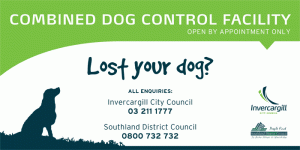 If your dog has been impounded, please contact Animal Services on (03) 211 1777 to arrange a time to have your dog released to you. Releasing of dogs is by appointment only. There is a fee involved in releasing your dog (see above for a link to the latest dog-related fees). Note that if your dog is unregistered then, by law, it has to be registered before it can be released to you.
If your dog has been impounded, please contact Animal Services on (03) 211 1777 to arrange a time to have your dog released to you. Releasing of dogs is by appointment only. There is a fee involved in releasing your dog (see above for a link to the latest dog-related fees). Note that if your dog is unregistered then, by law, it has to be registered before it can be released to you.
No-go areas
A list of places where dogs are not permitted can be found in the Dog Control Bylaw, which can be found on our Bylaws page. Unless otherwise stated, dogs are also not permitted at events organized by the Council. ‘No dog’ zones do not apply to guide dogs for the blind, hearing ear dogs, police dogs, or dogs being used by security guards.
Update Dog Details
It is the dog owner’s responsibility to notify the Council of any changes to ownership details, for example name, contact phone numbers, change of address etc. Up-to-date information helps the Council’s Animal Control Department in reuniting lost or stray dogs with their owners, to notify owners if a dog has been found injured or dead, to remind owners when dog registration is due, etc.
ALL dog owners must apply for a dog registration if they have an existing unregistered dog or if they get a new dog. Dog owners must be 16 years or older to legally own a dog. Dogs must also be registered before they reach three months of age and/or if you have had a dog in your possession for more than three days.
To update your details online, hit the update details button and go to New Request under the Customer Service tab.
Update details
Dogs in parks and reserves: scooping the poop
When a dog fouls in public the person controlling the dog is responsible for the immediate removal of the faeces. Dog owners are advised to keep a plastic bag handy; free “Scoop the Poop bags” are available from the Queens Park Office during office hours.
What if my dog passes away?
If your dog passes away please let us know, and we can refund the remaining full months of your dog registration.
Please note: Refunds are calculated based on the number of full months remaining in the registration year, counted from the date we receive your request, not from the date your dog passed away.
To update our records that your dog has died, we need:
- your dog’s name and date of death.
- your dog’s registration number or tag number.
- your bank account number, including proof of bank account ownership.
What is acceptable proof of a bank account
Any of the following can be provided and it must include both the bank account name and number, and show your bank’s logo.
- Screenshot from internet banking
- Bank deposit slip (although cheques are no longer accepted the pre-printed deposit slips are still valid forms of verification for those that have them)
- Copy of the top part of bank statement
- Printout of bank account from an ATM machine (provided it shows the bank account name and number)
- Letter from your bank (some banks can provide this instantly from the internet banking app)
Forms and Documents
- Animal Services fees and charges, which can be found on our Fees and Charges page
- Dog Control Policy, which can be found on our Policies page
- Dog Control Bylaw, which can be found on our Bylaws page
Dog Control Annual Reports
- Dog Control Annual Report 2023-2024
- Dog Control Annual Report 2022-2023
- Dog Control Annual Report 2021-2022
- Dog Control Annual Report 2020-2021
- Dog Control Annual Report 2019-2020
- Dog Control Annual Report 2018-2019
- Dog Control Annual Report 2017-2018
- Dog Control Annual Report 2016-2017
- Dog Control Annual Report 2015-2016
- Dog Control Annual Report 2014-2015
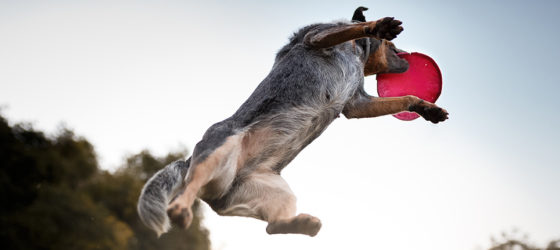
 On this page:
On this page: